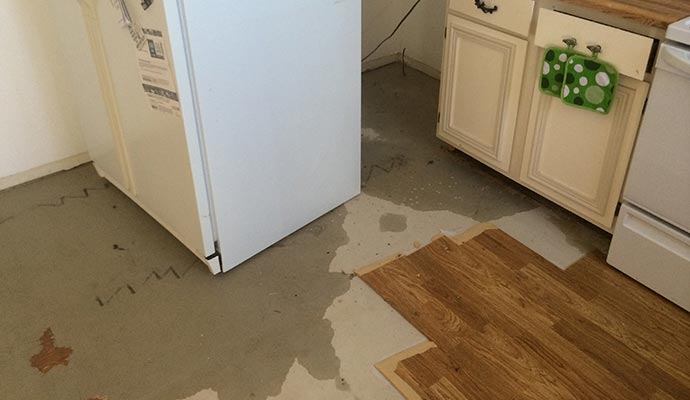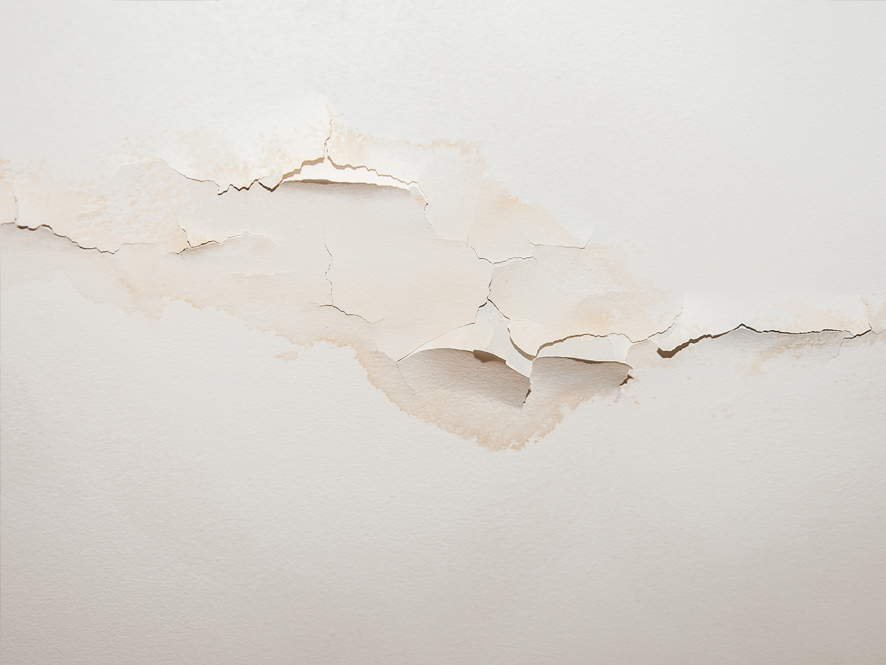Typical Reasons For Water Damage in Kitchen
Typical Reasons For Water Damage in Kitchen
Blog Article
Listed here down the page you can locate lots of amazing information and facts about Water Damage in Kitchen.

The kitchen is the room where a lot of water activity goes on. You can barely do anything without utilizing water in the kitchen area, from food preparation, cleaning, as well as doing the meals.
Therefore, inspecting your cooking area from time to time is a necessity. This is since it has a higher possibility of getting water damage due to the appliances you use there.
When damaged, these devices that manage water might make your cooking area unpleasant and also influence the framework of your structure over time.
So, allow's check out some causes of the water damage in the kitchen and what you should keep an eye out for.
Some Reasons For Water Damages in the Kitchen
These are a few reasons for water damage in the kitchen area.
Faulty Drain Pipes
Drain Pipelines are needed parts of our homes, particularly in our kitchens and bathrooms. They obtain malfunctioning by getting blocked, cracked, and ruptured. Or even worse, they can be incorrectly or loosely linked; whichever the case might be, it can be a serious problem.
Faulty drainpipe pipes can cause water damage and, as a result, create mold and mildew development as well as damage the look of your wall. It can also make the affected location look unpleasant.
It is recommended always to check to make certain that all the pipelines are in good condition and get an audio plumbing system to maintain and also deal with any kind of problems.
Faulty Kitchen Area Sink
The kitchen sink is an important and the majority of used part of the cooking area. It is vulnerable to water damage; damages such as blocked pipelines, dripping pipes, and damaged taps.
These damages can be irritating, especially when one is active in the kitchen area. It doesn't simply occur without giving an indicator or a hint. Below are some indications to know when your sink is not fine
These are the major problems that can take place to your cooking area sink. Nonetheless, one means to stop this damage is by making sure that food fragments do not enter into the pipelines. You are additionally checking the faucets and pipes as well as making sure that it is effectively dealt with and also in good condition.
Dripping Dish washer
Dishwashers make life in the kitchen simpler. It is an optional cooking area device and also, when readily available, can be a resource of water damage. On top of that, like various other equipments, it will certainly create faults in time, despite maintenance.
One of the faults is leaking through the door or beneath the dishwasher. These mistakes create as a result of age, splits, incorrect use, loose links to pipes, etc.
Mistakes as a result of age originated from continuous use. Therefore, the door leakages because of opening and closing.
Faults from the wrong use might cause water damage by presenting splits to it. For this reason, it is a good idea to comply with the manual overview of the dish washer to avoid this particular damage.
The leaks under the dish washer can originate from cracks in the gasket, tube, as well as loose or incorrect connection to water pipes or drains pipes.
This kind of leakage typically goes unnoticed as well as can be there for a long time. Nonetheless, due to the moment structure, it could harm the flooring and create mold and mildew growth.
A lot more so, the longer the water remains, you will observe the bending of the floor where the dish washer is. When checking if your dishwashing machine leakages, this is a good indication to look out for. Detecting as well as fixing this in a timely manner protects against significant water damage to your flooring.
Bottom Line
Keeping an eye out for damages in your kitchen area can be entrusting but required. It makes your job there easier as well as more secure.
The causes provided above are just a few elements to think about, specifically if your kitchen has a lot of home appliances.
Get a professional plumbing solution to come about and also examine for any damage and get them taken care of.
It makes your kitchen location damp and also unpleasant, particularly when dripping from the pipes. And if it is dripping from the faucet, it leads to water waste.
It is an optional kitchen area home appliance as well as, when readily available, can be a resource of water damage. Extra so, the longer the water remains, you will certainly see the bending of the flooring where the dish washer is. Detecting and repairing this on time stops severe water damage to your floor covering.
WAYS TO PROTECT YOUR KITCHEN FROM WATER DAMAGE
The kitchen is one of the most significant rooms in your house, as it is a multipurpose room wherein you can do your cooking and cleaning. Nowadays, homeowners tend to ignore the problems under their sink or appliances because of their busy schedules. However, most household floods occur due to plumbing and appliance failure. One of the most common scenarios that cause water damage to your kitchen is when the dishwasher malfunctions and floods gallons of water.
Water damage in your kitchen can cause several problems, including cosmetic damage, mold growth, and even an unpleasant smell. Often, if you fail to neglect the problem, there are always consequences. This article will help you protect your kitchen from water damage.
Common Causes of Water damage in your kitchen
Pipe problems are the most common source of water leaks under your sink. If homeowners ignore this issue, it will burst and flood the kitchen. Dishwasher leaks can be a source of water damage in your kitchen. An old, broken, and defective dishwasher can cause leaks, damage to your floor, and even mold growth. Refrigerator leaks can cause water damage in your kitchen, as sometimes melted ice from defrosting can cause leaks. Furthermore, if your refrigerator has internal problems, it is very likely to cause water damage. Back-splash and sink caulking can cause discoloration and water damage to your countertop tiles. Ways to Protect Your Kitchen From Water Damage
Regular maintenance
The most important thing you can do to protect your kitchen from water damage is to inspect the sinks, drains, and pipes, as well as the kitchen appliances, regularly. As with the sink, check for missing or deteriorated caulk. Remove the old caulk and clean the area thoroughly and re-seal it with fresh silicone. Furthermore, sweep the drain regularly, empty the filter and dispose of the debris in the garbage, and inspect the supply lines and valve for cracks.
Check your appliances
Check the user’s manual for instruction and proper use of every water-related appliance installed in your kitchen. For the dishwasher, check this procedure to prevent the dishwasher from flooding your kitchen. Check the appliances that need water, such as the coffee maker, ice maker, and water cooler, as they can become the cause of water damage in your kitchen. You may call a professional to check and repair damaged appliances and professional restoration for water damage clean-up.
Garbage clean-up
Fats, oil, and grease are common in the kitchen. Pouring them down the drain can cause clogs and sewage backup, which may result in significant kitchen water damage. If your kitchen sink is clogged, use a solution of hot water, baking soda, and vinegar to unclog the fats and oils in the pipes. Also, make sure to throw out the debris in the trash and clean the sink properly using paper towels for greases and oil and soap or bleach solution for the sink itself.
Shut off your water line
Make sure to shut off your main water line, especially if you're away and having some flood issue. As mentioned, dishwasher leaks are one of the most common culprits of water damage in the kitchen. So, make sure to only use the dishwasher if someone is at home and available to attend in case a problem arises.
Furthermore, it is also important that every member of your household knows where the shut-off valves are located. So in case of an emergency, they can mitigate the damage by turning off the water source.
Install leak detectors
One of the best ways to catch water damage before it could even cause serious damage to your home or business is by installing a water or leak detector. A leak detector monitors the flow of water through a pipeline, can detect moisture in the air for molds, and tracks the water temperature. Also, it can shut off your water line in case of an emergency. Install leak detectors under the kitchen sink, near the dishwasher and refrigerator.
https://superiorrestore.com/7-ways-to-protect-your-kitchen-from-water-damage/

Do you really like reading up on Causes of Water Damage in Kitchen? Try to leave feedback directly below. We'd be delighted to know your reactions about this review. We hope to see you back again soon. Sharing is nice. Helping others is fun. I value reading our article about How To Prevent Water Damage To Your Kitchen.
Source Report this page